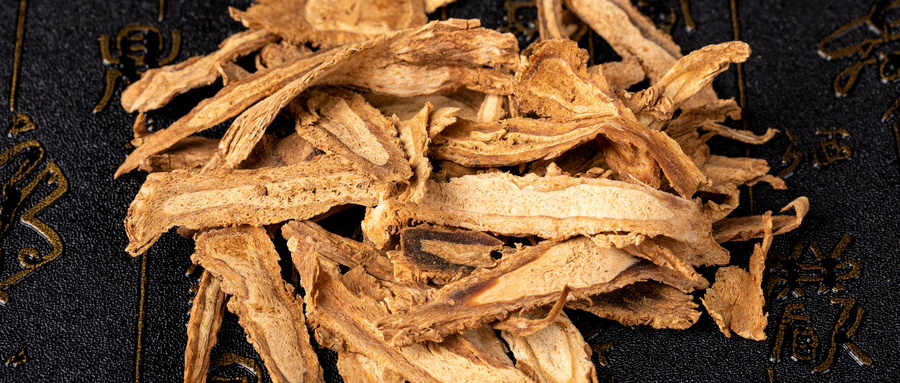For those who use traditional Chinese medicine to treat illnesses, decocting herbal medicine can be a tricky task. Many people encounter the problem of herbal medicine becoming burnt during the decoction process. Especially for those who multitask while decocting herbal medicine, this often leads to overcooking the herbs. Adding water and decocting again after the herbs have been burnt is actually incorrect. So what should you do if the herbal medicine becomes burnt? Can you still consume it? Please continue reading this article.
Traditional Chinese medicine experts point out that when decocting medicine, one should pay attention to the amount of water, the heat, and the time, in order to avoid drying or burning the herbs. Once the herbs have been burnt, do not consume them and simply discard them and buy a new batch.
This is because when herbal medicine is burnt, its active ingredients are destroyed or even completely lost. For example, herbs like Platycodon grandiflorus, peppermint, and Pogostemon cablin that are used to treat colds and flu primarily contain volatile substances. After being burnt, not only do they lose their effectiveness, but some may even produce opposite effects. For example, burnt Platycodon grandiflorus turns into charcoal, completely losing its function of releasing the exterior and treating colds, and instead gaining a hemostatic effect. This demonstrates that burnt herbal medicine should not be consumed. Continuing to consume medicine that has lost its effectiveness not only fails to treat the illness, but also delays the recovery. As for medicine with altered properties, it may worsen the condition and potentially cause serious adverse effects.
In addition, it is also not advisable to decoct the herbs until they are completely dry. Many nourishing herbal medicines, such as Codonopsis pilosula, Astragalus membranaceus, Dioscorea opposita, Poria cocos, Rehmannia glutinosa, and Polygonatum sibiricum, lose their active ingredients, such as sugars, enzymes, and amino enzymes, when they are overcooked. Even if water is added and decocted again, it is futile. Consuming the decoction not only fails to achieve the therapeutic purpose, but also results in a burnt taste and can cause side effects such as nausea and vomiting.
Therefore, in order for the medicine to exert its intended effects, it is necessary to use an appropriate amount of water, apply the correct heat, and constantly monitor the decoction process, without being absent.












